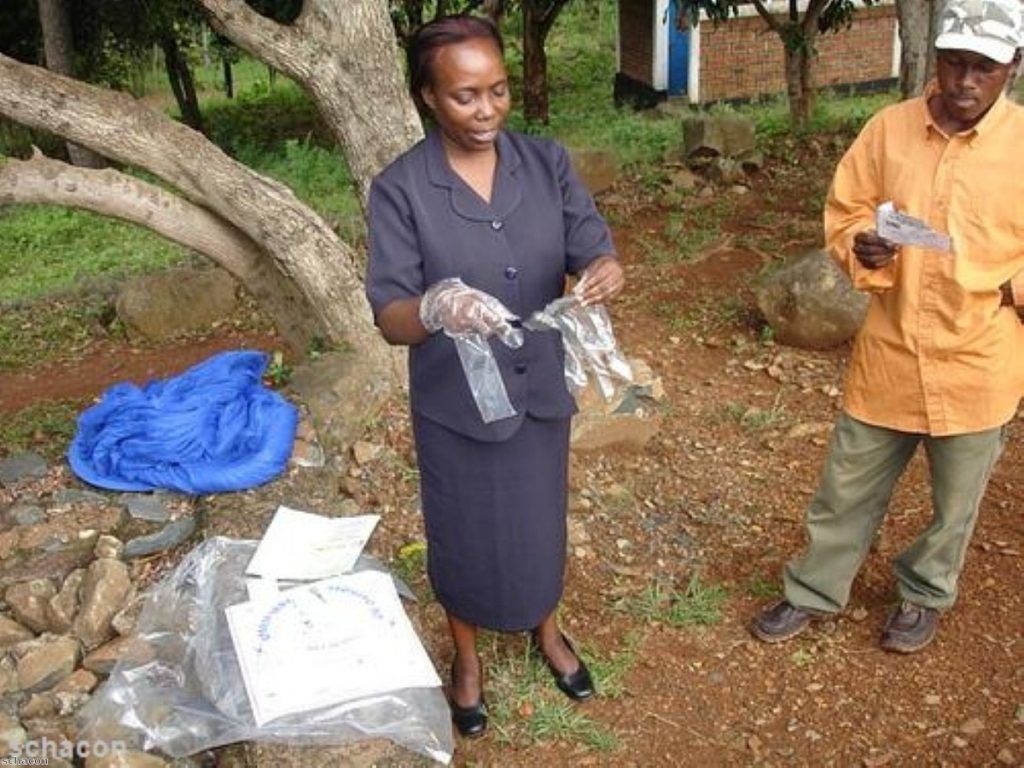Govt funds unions with DfID money
By Jonathan Moore
The government is funding UK unions with money intended for international development, a report by an independent charity has claimed, with the Trades Union Congress (TUC) receiving more than £1.2 million since 2003.
The report also claimed more than £1 billion intended for international development will have been spent on ‘communications’ by 2011.
In addition to non-governmental organisations (NGOs) hand-picked by the Department for International Development (DfID), the money is also distributed to UK-based organisations with no involvement in international development.


The National Union of Teachers (NUT) have received £300,000 to “enable them [teachers] to become global agents of change” while the TUC received funding despite the fact not a single project listed under their grants was targeted at people in poorer nations.
The government completely rejected the IPN’s claims.
“This report has got it completely wrong; it is simply absurd to say we spend £1 billion on communications,” a DfID spokesperson said.
“DfID lifts three million people out of poverty every year and funds NGOs to help with this vital work on a grassroots level in the world’s poorest countries.”
Defending the spending on domestic groups, DfID said it had a duty to raise public awareness on development issues and a parliamentary committee not only praised their work but recommended they do more.
Fake Aid, produced by the International Policy Network (IPN) thinktank, also claims that much of the money distributed has suffered from little or no government scrutiny as recipients have tended to self-audit.
Despite a rule change in 2006 requiring them to do so, “a list of publicly-funded projects still cannot be found on most NGOs’ websites, nor a breakdown specifying which areas of work the funds have been directed towards”.
The Conservatives have promised to perform a spending review for aid, should they be elected, but have indicated they will continue to support DfID.
“This report has identified some examples of spending which impose an unacceptable burden on British taxpayers,” shadow development secretary Andrew Mitchell said.
“However, some of the criticism in this report is misguided – many leading British NGOs do a brilliant job and fully deserve our support.”
The reaction to the report in the blogosphere has been largely negative, with many highlighting the apparently large amount of money given over to unions.
The TUC’s head of international development, Owen Tudor, hit back at those attacks, defending the congress’ receipt of funds.
“It’s really revealing that these ‘nasty party’ hacks have focused on DfID assistance to the trade union movement, despite the fact that DfID gives nearly £200 million a year to civil society organisations in the UK, and less than one per cent of it goes to trade unions,” he said.
“Most of it goes to respectable charities that Conservative party members and voters support too – so while the nasty-right would be happy to see all international development spending abandoned and all international development charities scrapped, they know better than to say so. But they consider trade unions to be fair game.”
The TUC spends a portion of its grant on educating affiliates on how to receive additional funding from DfID, according to the IPN report.
The Taxpayers’ Alliance claimed DfID expenditure amounted to an abuse of trust, especially during a recession.
“Taxpayers expect that money given to DfID will be spent helping the world’s poorest people in dire need. It is a complete abuse of their trust for DfID to spend their money on lobbying our own government or supporting trade unions,” said Taxpayers’ Alliance research director Matthew Sinclair.
“Many taxpayers think that, with times hard at home, we can’t afford to send so much money abroad as aid, and we have to stop the lunacy of taxpayer funded lobbying.
“Politicians and bureaucrats should leave the public alone to make up their own mind about the political causes they support.”
A copy of the report, Fake Aid: How foreign aid is being used to support the self-serving political activities of NGOs, can be viewed on the IPN website here.












